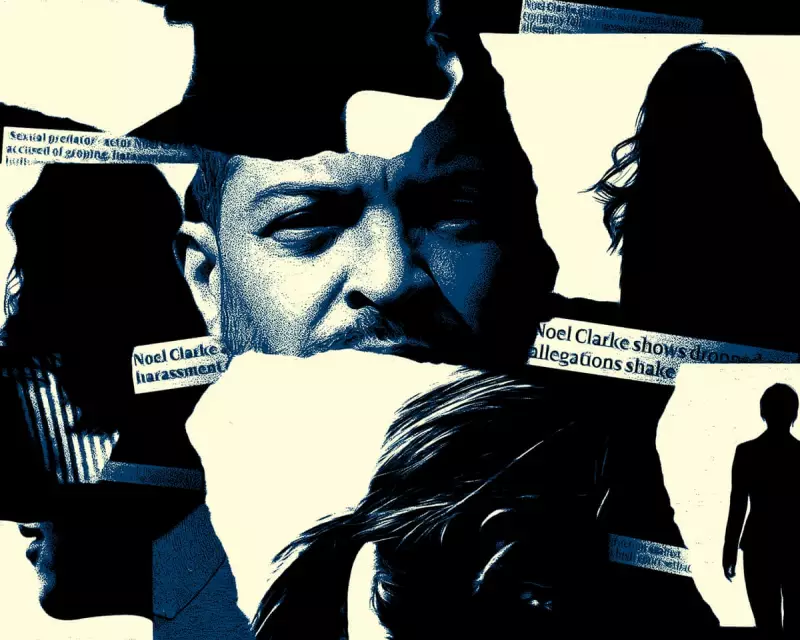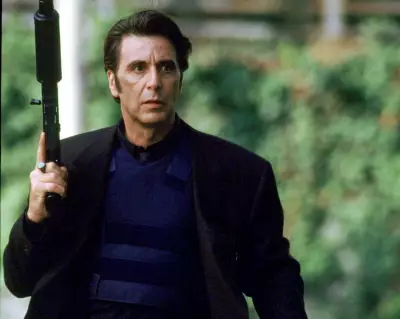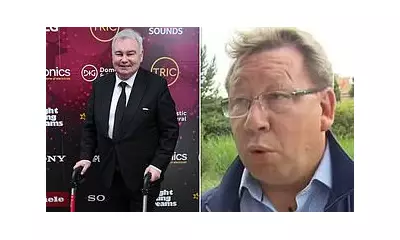
In a dramatic turn of events that has sent shockwaves through the British entertainment industry, actor Noel Clarke's attempts to position himself as the victim have been systematically dismantled by compelling testimony from twenty-six separate witnesses.
The emerging picture, drawn from extensive evidence presented to industry investigators, reveals a pattern of behaviour starkly at odds with Clarke's public defence against allegations of bullying and harassment.
A Chorus of Contradictory Evidence
Rather than the isolated misunderstandings Clarke had suggested, the testimony presents a consistent and damning narrative. Multiple witnesses, including former colleagues and industry professionals, described experiences that collectively challenge the actor's version of events.
The sheer volume of accounts—twenty-six individuals coming forward—creates a compelling body of evidence that investigators found difficult to reconcile with Clarke's claims of being unfairly targeted.
The Industry Responds
This case has become a landmark moment for the UK media sector, highlighting ongoing concerns about power dynamics and accountability. The detailed witness statements have prompted serious reflection within production companies and broadcasting networks about their safeguarding responsibilities.
The investigation's findings suggest a need for more robust mechanisms to address concerns within the industry, particularly when they involve high-profile figures with significant influence over careers.
Broader Implications
This development represents more than just the fate of one individual; it signals a potential shift in how the British entertainment industry handles allegations of misconduct. The willingness of numerous witnesses to come forward indicates a changing culture where such testimony is being taken seriously.
As the industry digests these revelations, many are watching closely to see what lasting changes might emerge from this case, particularly in how production sets are managed and how complaints are handled.





